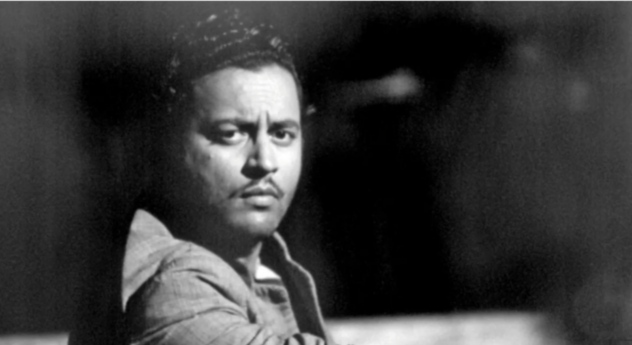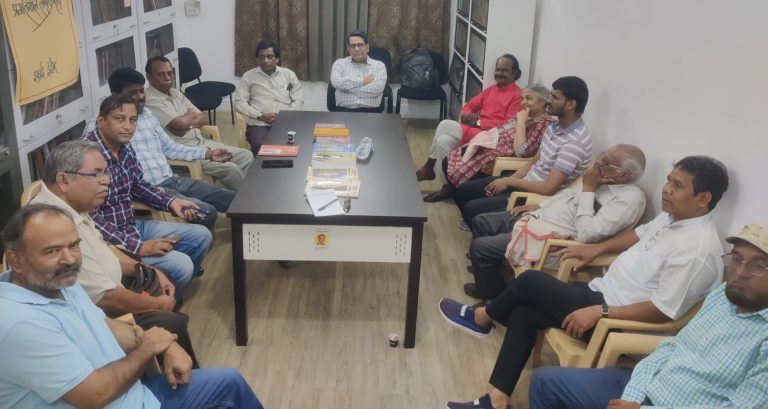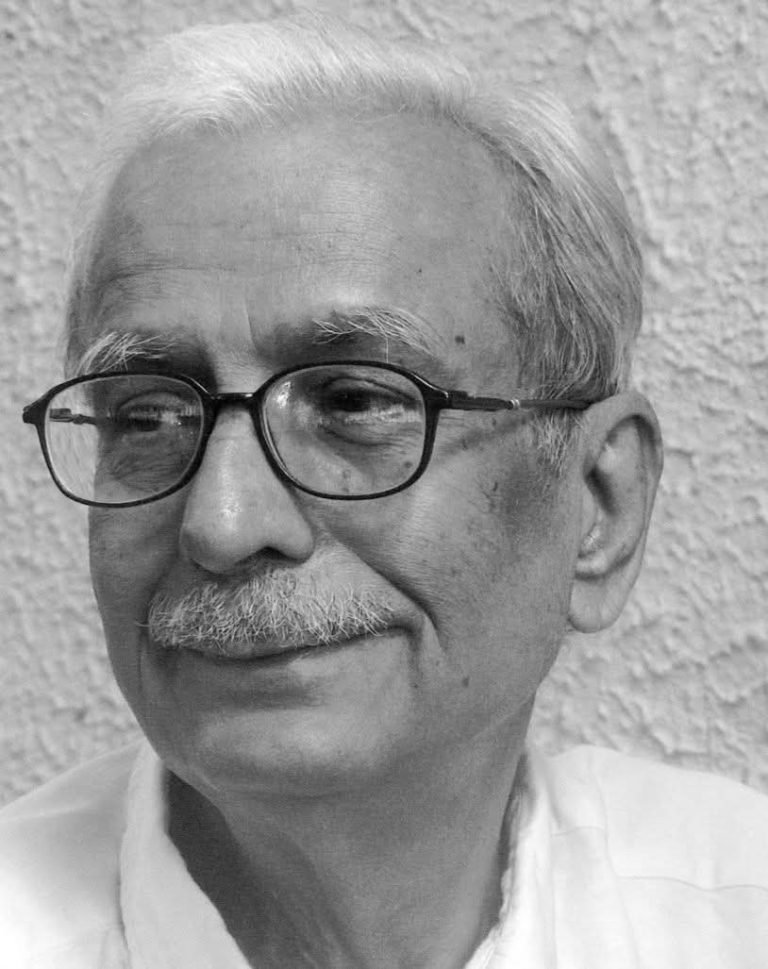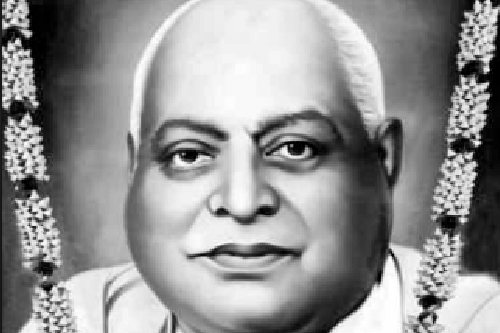
Very recently, the language debate has taken a distinctly political turn in India. The present political regime of the BJP at the centre is currently locked in an intense language debate with Tamil Nadu, where the ruling DMK has been contesting the alleged imposition of Hindi through the three-language formula under the National Education Policy, 2020. The Tamil Nadu chief minister, M K Stalin, reiterated his stance on the language debate, asserting that the State is “ready for another language war”, if necessary.

Very recently, the language debate has taken a distinctly political turn in India. The present political regime of the BJP at the centre is currently locked in an intense language debate with Tamil Nadu, where the ruling DMK has been contesting the alleged imposition of Hindi through the three-language formula under the National Education Policy, 2020. The Tamil Nadu chief minister, M K Stalin, reiterated his stance on the language debate, asserting that the State is “ready for another language war”, if necessary. (www.indiatoday.in) This reminds us of the militant movement in Tamil Nadu in the 1960s against the imposition of Hindi.
The eminent social thinker and political activist, Yogendra Yadav, has made insightful comments in this connection. To put it in his own words: “…the spirit of federalism and respect for diversity is foundational to the Union of India. So, nothing can be imposed on any State, least of all a language policy…I’m entirely with the DMK and the people of Tamil Nadu on the imposition issue.” While clarifying his reading of the resistance of Tamil Nadu to the education policy of the central government, he argued: “My suspicion is that the resistance does not come from pedagogical concerns. It emanates from disquiet with double standards. Frankly, the formula was sabotaged by north India. The expectation was that all the southern and eastern states would learn Hindi, while the Hindi speakers found a shortcut for themselves – they used Sanskrit as a shield so that they would not have to learn a new language. So, in effect, the policy meant that everyone would be forced to learn the mother tongue of Hindi speakers, but they would not have to learn anyone else’s mother tongue. That legitimate unease has clouded the debate on multilingualism in our country.” (See The Hindu, March 14, 2025)
We should keep in mind in this connection the Uttar Pradesh chief minister Yogi Adityanath’s recent derogatory remarks against Urdu in the assembly. The eminent scholar, Hilal Ahmed, in his critical reflections on the Hindi-Urdu debate, has rightly remarked: “Adityanath’s statement stems from the old Hindu nationalist position, which recognises Urdu as a Muslim language to reclaim Hindi’s status as India’s true national language. (The Telegraph, March 6, 2025)
The recent language debates testify that the agenda of Hindu nationalism is organically connected with the ‘imposition of Hindi’ on non-Hindi-speaking states/people in Indi





